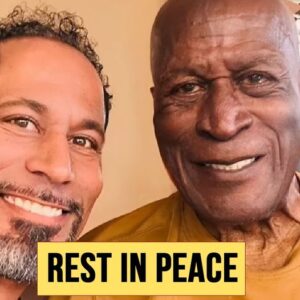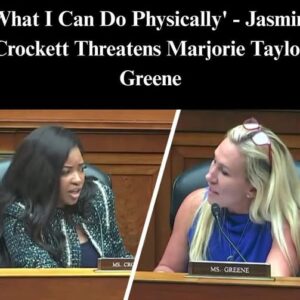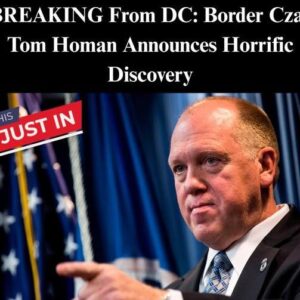Supreme Court to Decide if Religious Charities Must Pay Unemployment Taxes
The U.S. Supreme Court is preparing to hear a case that could significantly impact how religiously affiliated organizations operate nationwide. At the center of the issue is whether organizations like Catholic Charities can be required by states to pay unemployment insurance taxes.
The case stems from a challenge in Wisconsin, where Catholic Charities Bureau and several related nonprofit groups argue that they should be exempt from unemployment taxes because of their religious mission. They claim that requiring them to pay the taxes violates their First Amendment rights to religious freedom.
Catholic Charities describes itself as the “social ministry arm” of the Diocese of Superior, offering services such as care for the elderly, assistance to the disabled, and support for low-income families. The group contends these services are an expression of their faith, even though they are not openly religious in presentation or require recipients to follow a specific religion.
The state of Wisconsin, however, has maintained that while churches themselves are exempt from unemployment taxes, organizations like Catholic Charities—though affiliated—do not qualify for the same treatment. According to state officials, this is because their activities are more social in nature than religious.
Supporters of Catholic Charities argue that this distinction is unfair. “Wisconsin has denied Catholic Charities a religious exemption… based on the absurd view that Catholic Charities’ aid to the needy isn’t religious at all,” their attorneys said in court filings.
The case has drawn attention because of its potential national impact. Nearly every U.S. state, as well as the federal government, allows exemptions for religious organizations from unemployment insurance taxes. A broad ruling could affect hospitals, schools, and other nonprofits that are religiously affiliated but serve the general public.
Experts have raised concerns about how to fairly determine whether an organization’s activities are religious or secular. If courts begin relying only on the organization’s stated beliefs without examining its actual operations, critics say it could open the door to abuse.
On the other side, groups supporting the state argue that allowing broad exemptions could deny workers access to unemployment benefits and create an uneven playing field. Organizations like the Freedom from Religion Foundation and Service Employees International Union note that religiously affiliated groups employ over a million workers in the U.S.
The Supreme Court is expected to issue a ruling by the end of June. Whatever the outcome, the decision is likely to influence how religious nonprofits operate and how states manage the balance between honoring faith and ensuring worker protections.





